
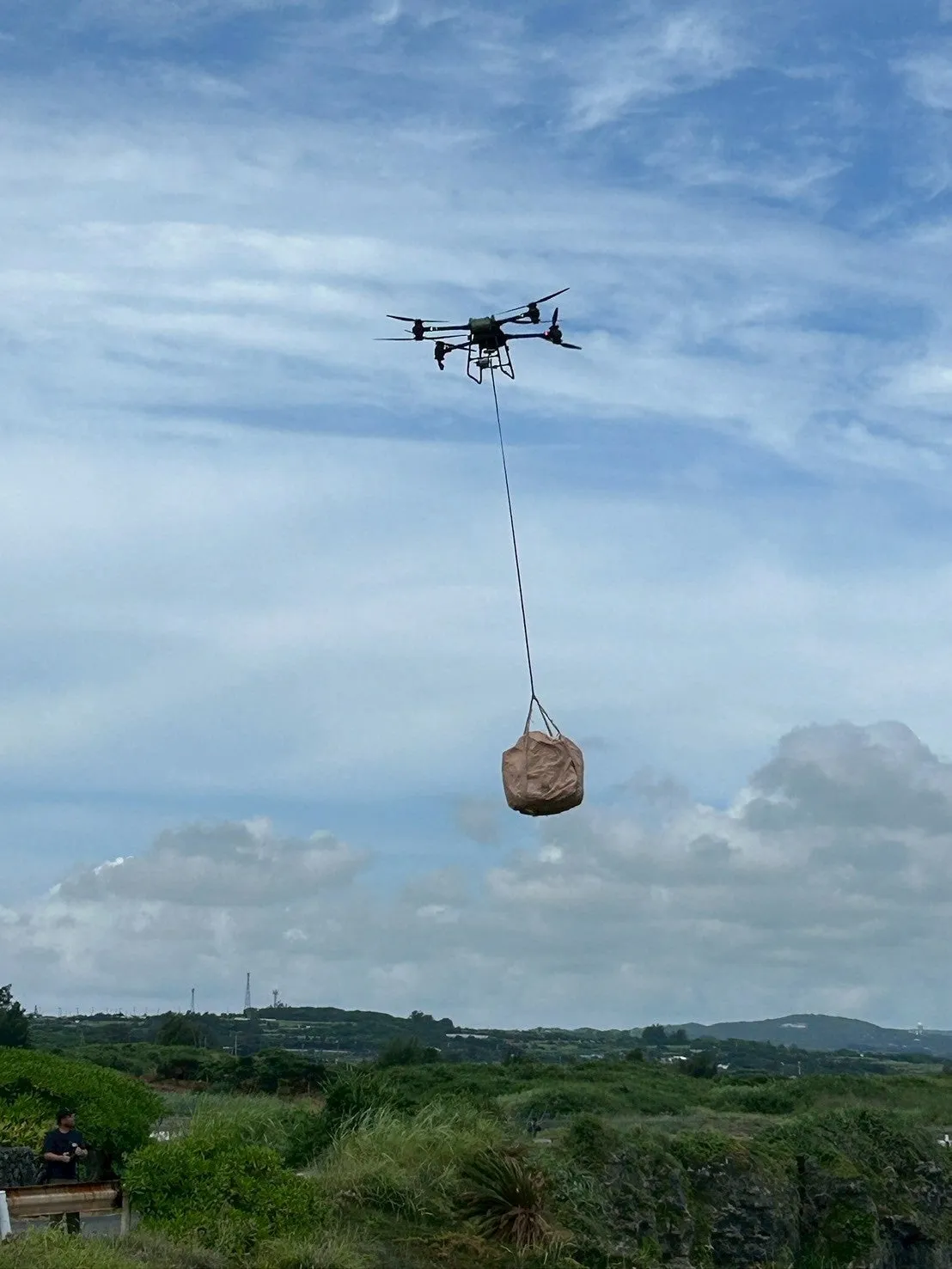
Innovative Drone Flight Successfully Transfers 500kg of Marine Debris in One Hour
Innovative Drone Initiative for Marine Debris Cleanup
Overview of the Mission
On July 4th, 2025, a remarkable initiative took place on the western coast of Okinawa's OkinEgara Island, spearheaded by the Rin Management System, in collaboration with the Japan Drone Business Support Association’s Kagoshima branch. This event marked a significant effort to combat the pressing issue of marine debris through the innovative use of drone technology. By demonstrating the recovery and transportation of oceanic waste, this project aimed to enhance both safety and efficiency, transforming what was traditionally a dangerous manual labor task into a streamlined process.
Mission Details
- - Date and Time: July 4, 2025, from 10:00 AM to 11:00 AM
- - Location: Western coast of OkinEgara Island, Kagoshima Prefecture
- - Drone Model Used: DJI Flycart30 with a maximum payload of 40kg
- - Activities: Demonstration of marine debris collection and transportation via drone
Results Achieved
The demo flight yielded impressive results:
- - Flight Duration: 1 hour
- - Number of Flights: 20
- - Total Weight Recovered: Approximately 500kg
- - Transportation Method: The debris was neatly packed into big bags weighing 25-30kg for efficient transport, while larger items like barrels utilized transportation nets.
- - Flight Height and Distance: The drones operated at an altitude of approximately 20 meters above sea level, covering a horizontal distance of about 200 meters to transport the waste from the shoreline to the cliff top.
Addressing Existing Challenges
Prior to the use of drones, the recovery of marine debris depended on volunteers who physically lifted waste from hazardous cliffside locations. This traditional approach posed significant risks to safety, as it often required capable students to navigate treacherous terrain to carry unwanted debris whose access had been extremely challenging.
Impact of Drone Utilization
The introduction of drones presents multiple benefits:
- - Enhanced Safety: Eliminating the need for risky cliff climbing completely significantly reduces the risk of injuries.
- - Increased Efficiency: The ability to retrieve about 500kg of waste in just one hour revolutionizes debris collection methods.
- - Labor Relief: By alleviating volunteers from physically demanding tasks, it is anticipated that more people will participate in cleanup efforts.
- - Access to Hard-to-Reach Areas: Drones can collect waste from locations previously thought impossible to service under standard practices.
Future Prospects
Following the successful demonstration, local stakeholders expressed enthusiasm regarding the incorporation of drones into future debris recovery efforts. The positive feedback indicates a desire to integrate drone technology consistently into operations aimed at tackling marine pollution. This pioneering project is believed to be a vital stepping-stone toward creating a sustainable society through the convergence of environmental protection and advanced technology.
Collaboration & Support
The initiative reflects a collaborative effort involving notable partners, including Sekido Corporation, who provided technical expertise and operational support.
Contact for Consultations
The Japan Drone Business Support Association invites requests for solutions dedicated to alleviating social issues through drone technology across Japan. For inquiries, please reach out via:
Email: [email protected]
Address: Daiichi Central Building 4F, 6-36 Honmachi, Okayama City,
Contact Person: Morimoto
For further information about Sekido Corporation, please visit their website: Sekido Corporation.
This project symbolizes a promising merge of cutting-edge technology and environmental stewardship, aiming for a cleaner, sustainable future for our oceans.
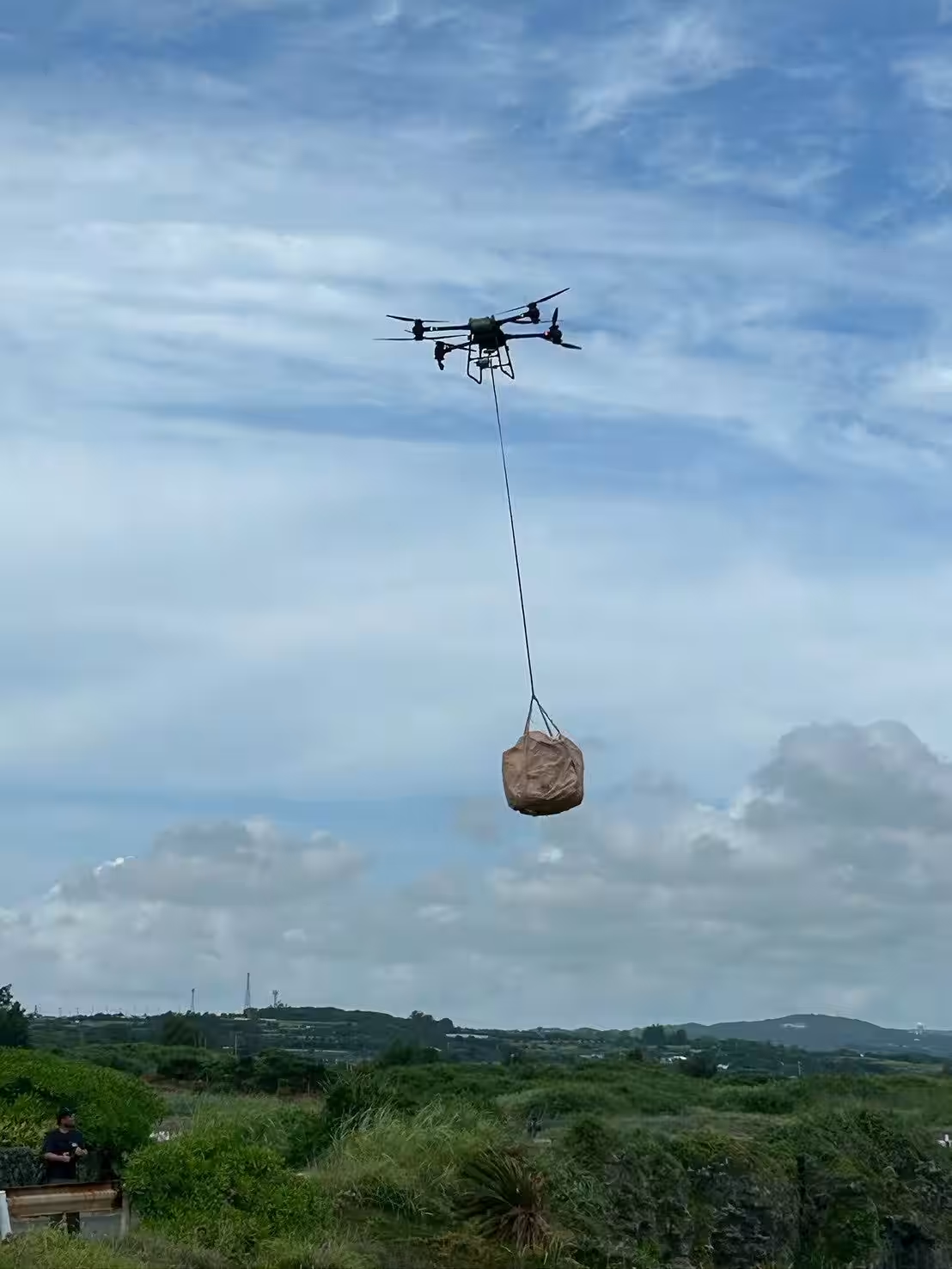
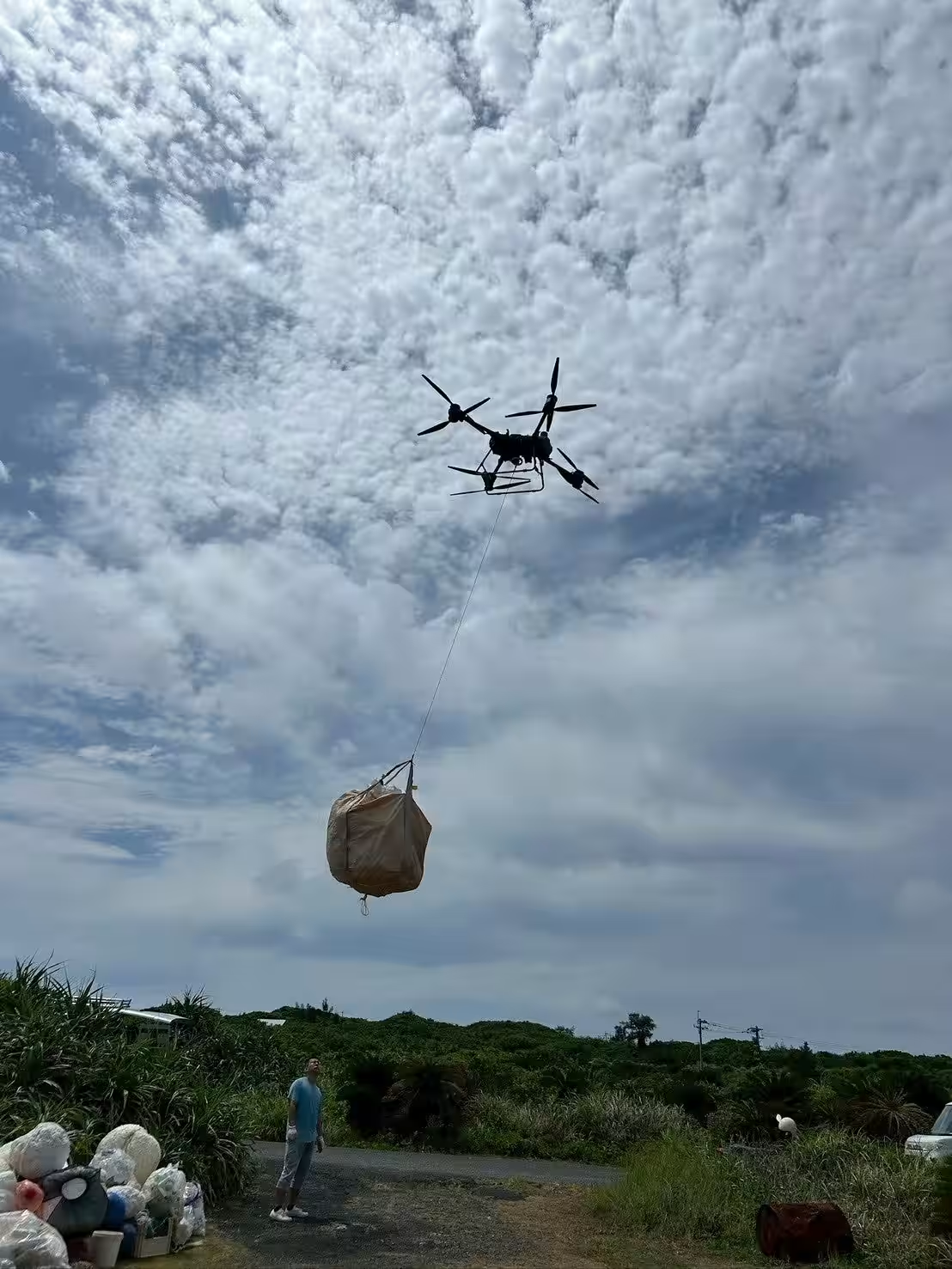
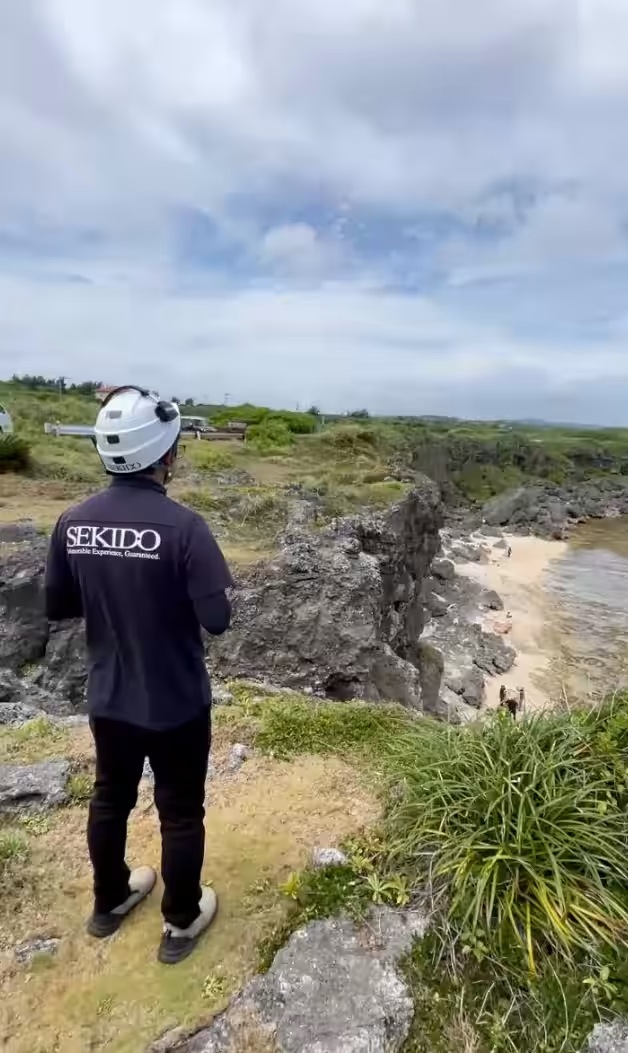
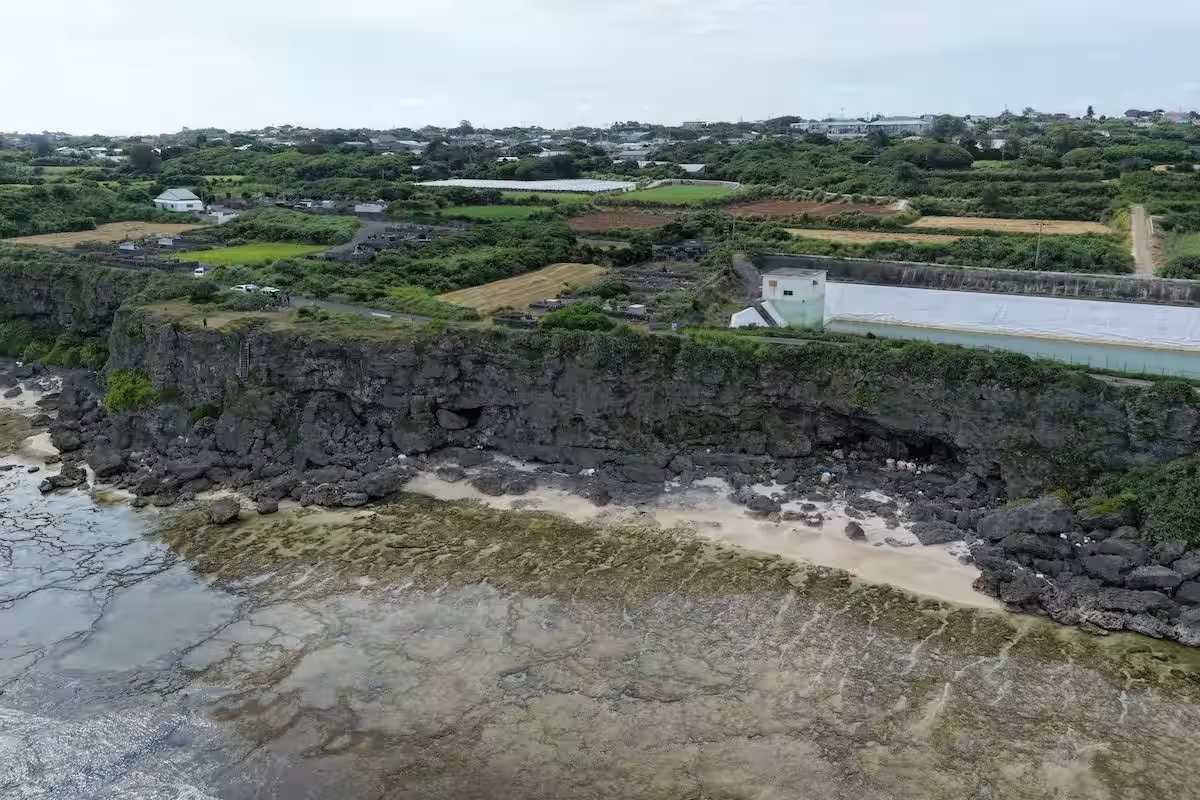
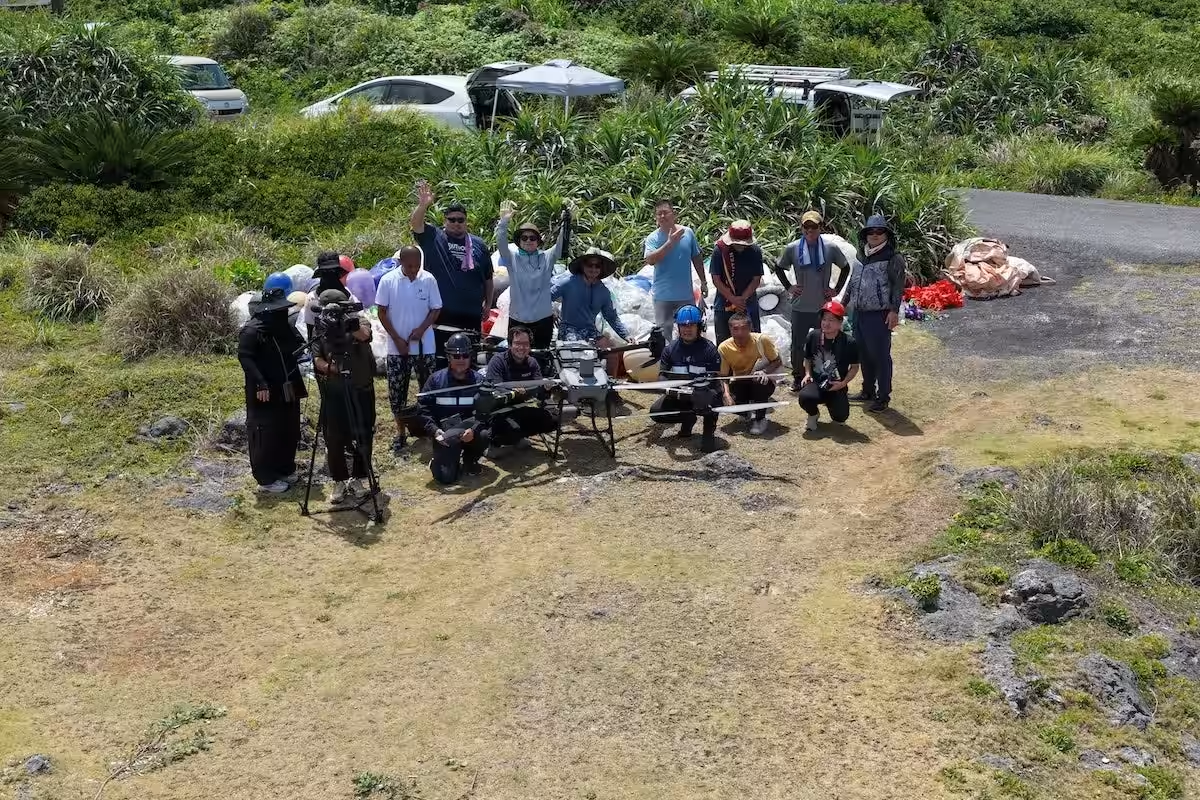
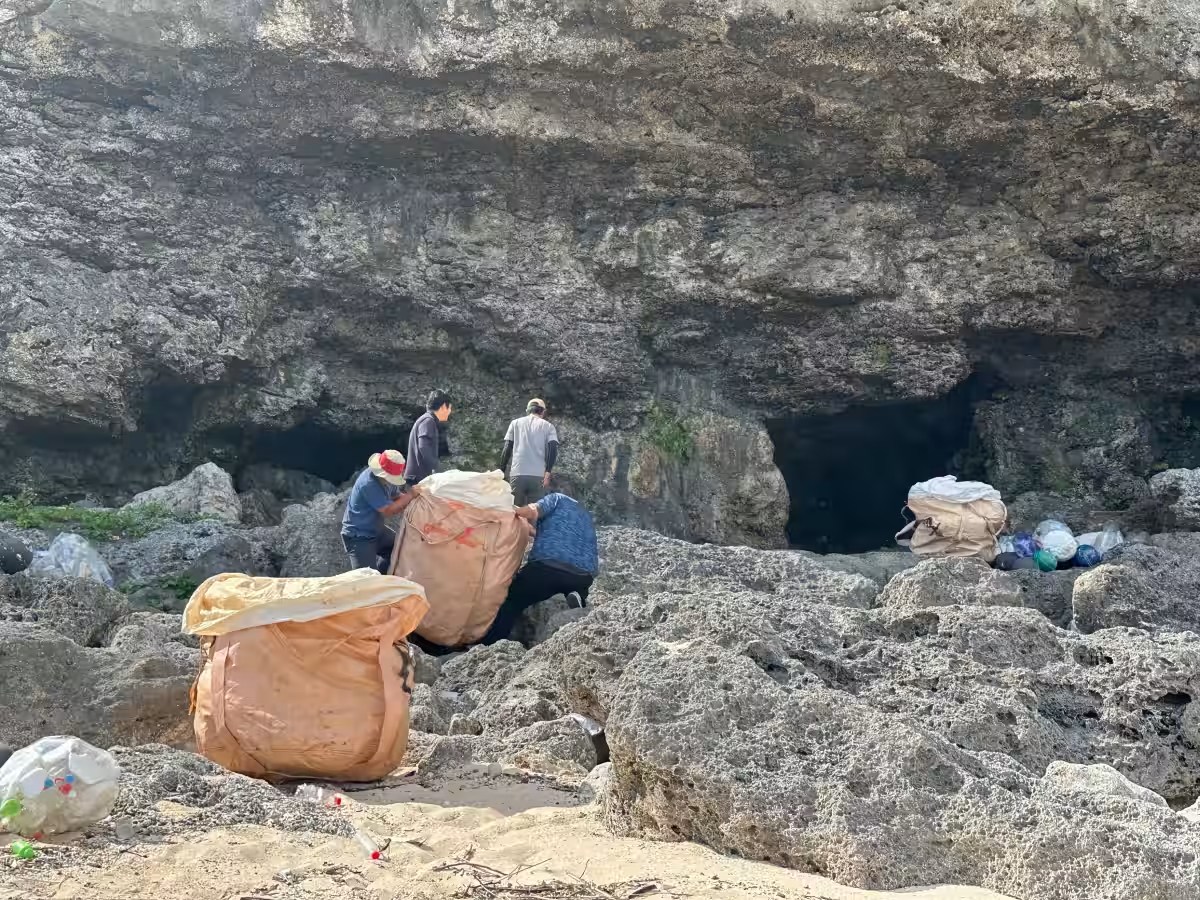
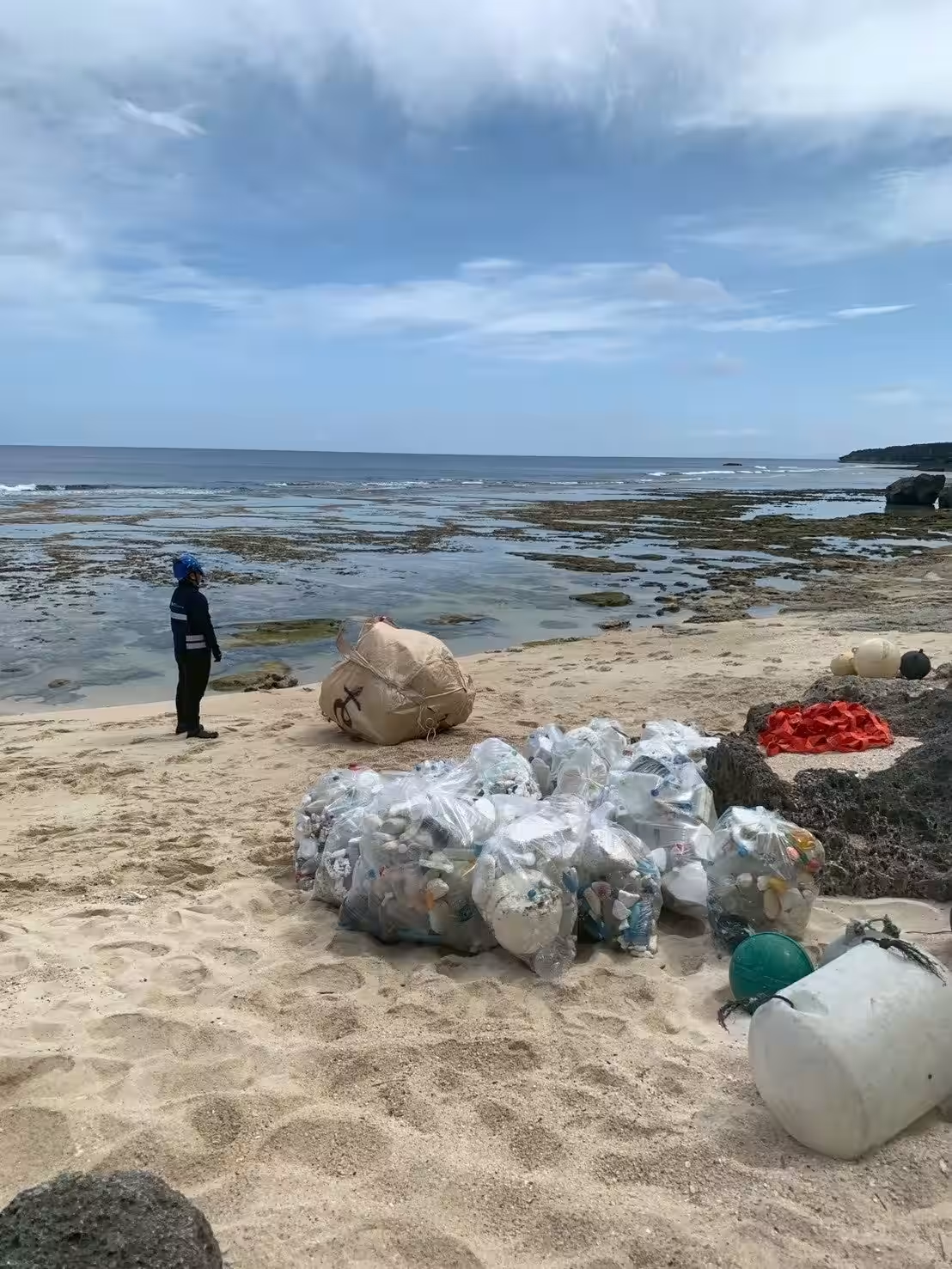
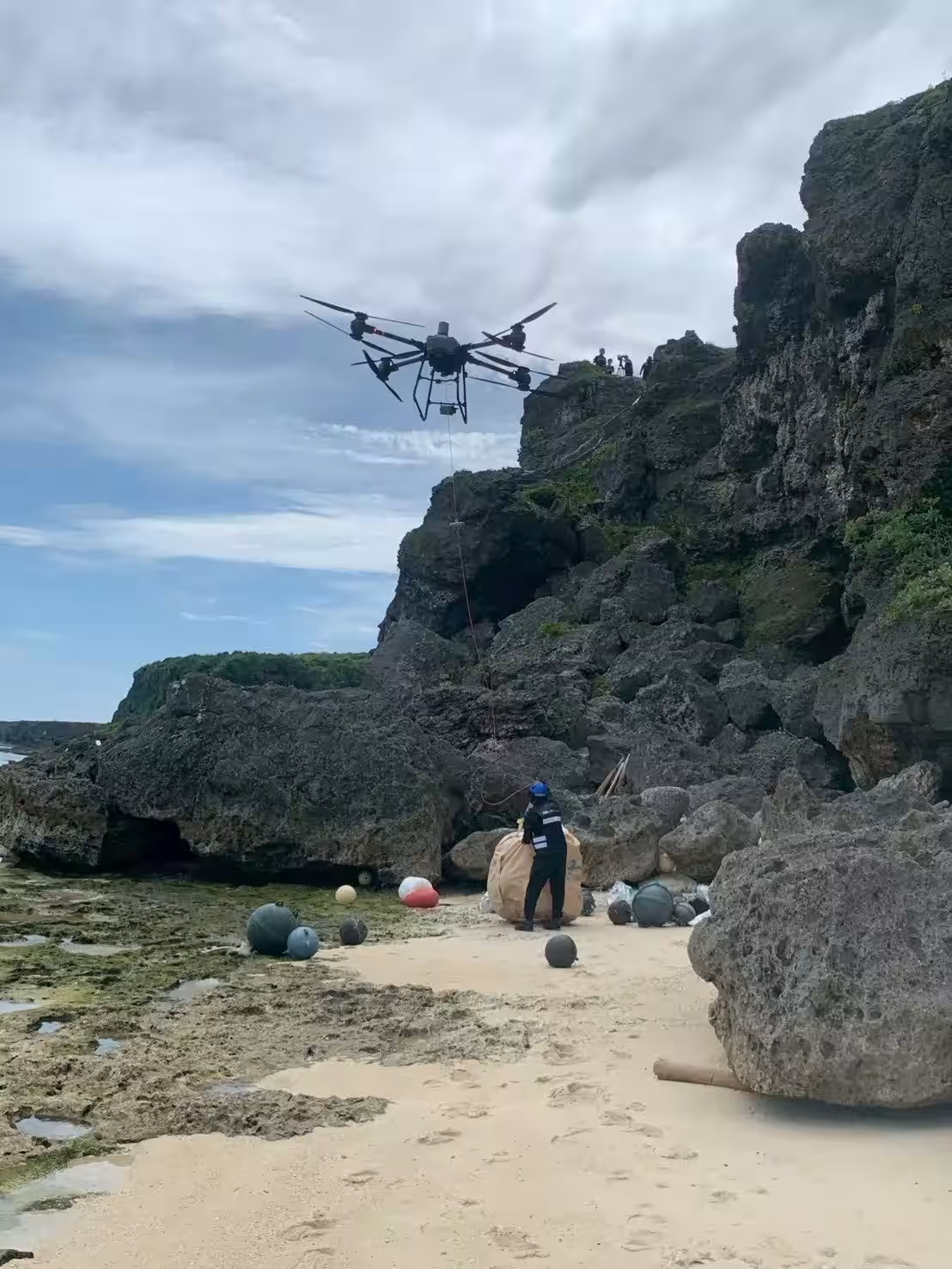
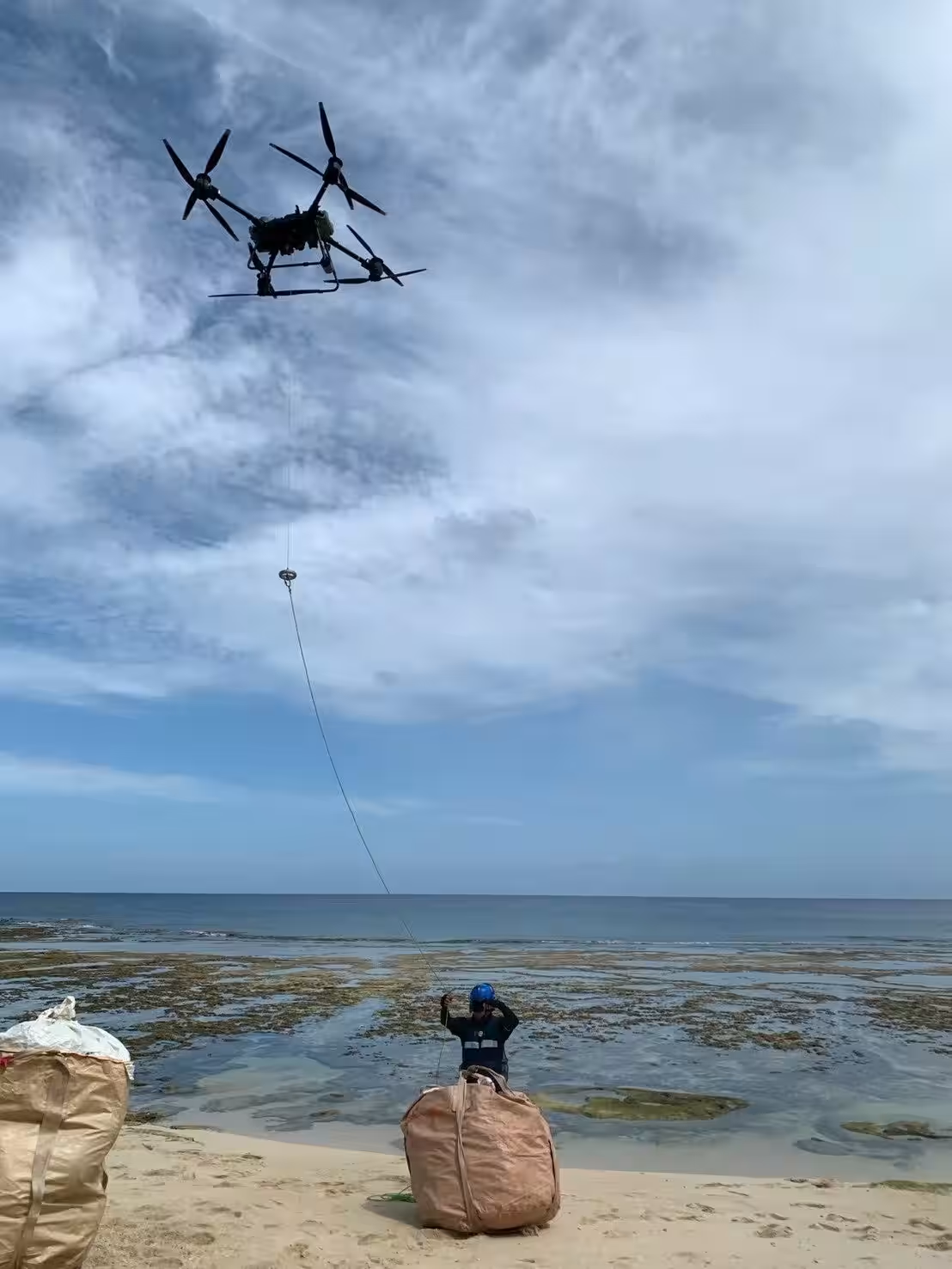
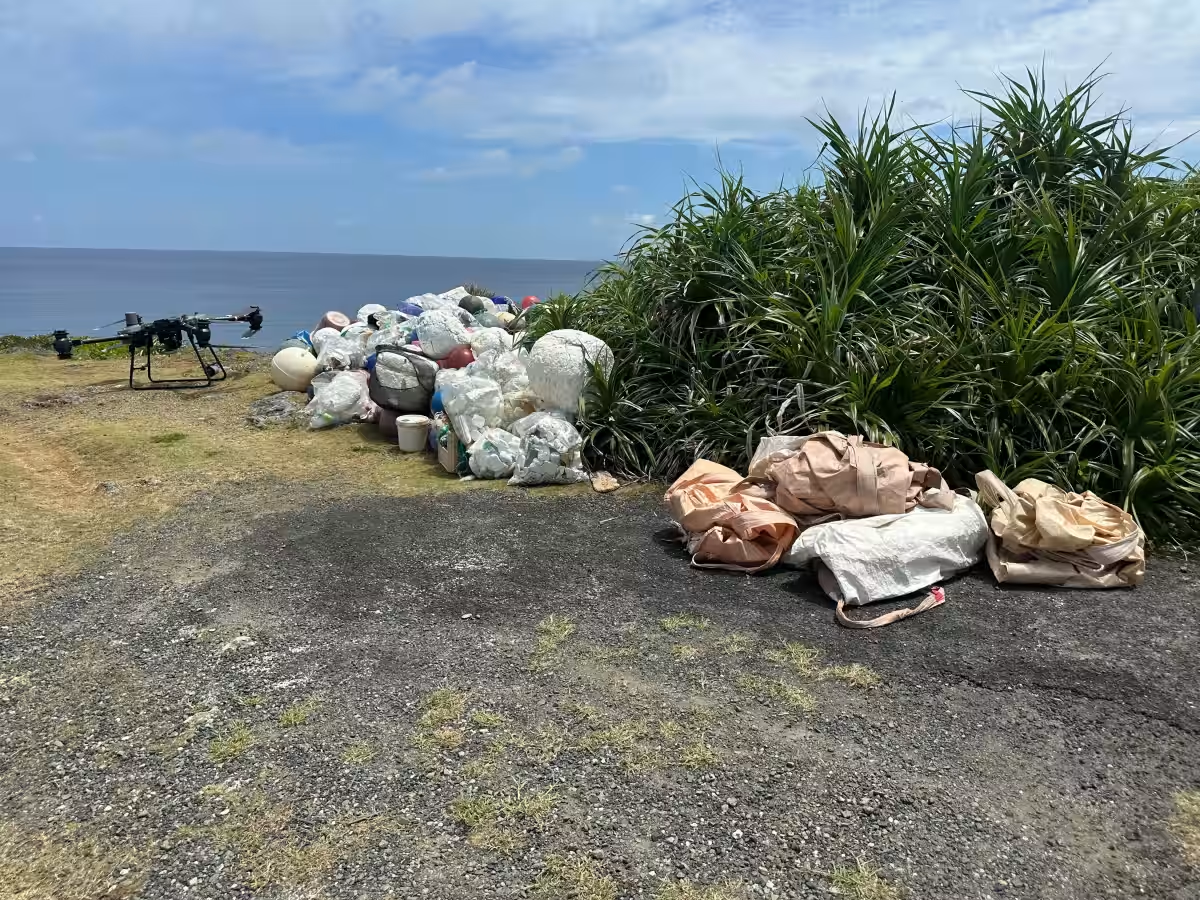
Topics Environment)










【About Using Articles】
You can freely use the title and article content by linking to the page where the article is posted.
※ Images cannot be used.
【About Links】
Links are free to use.